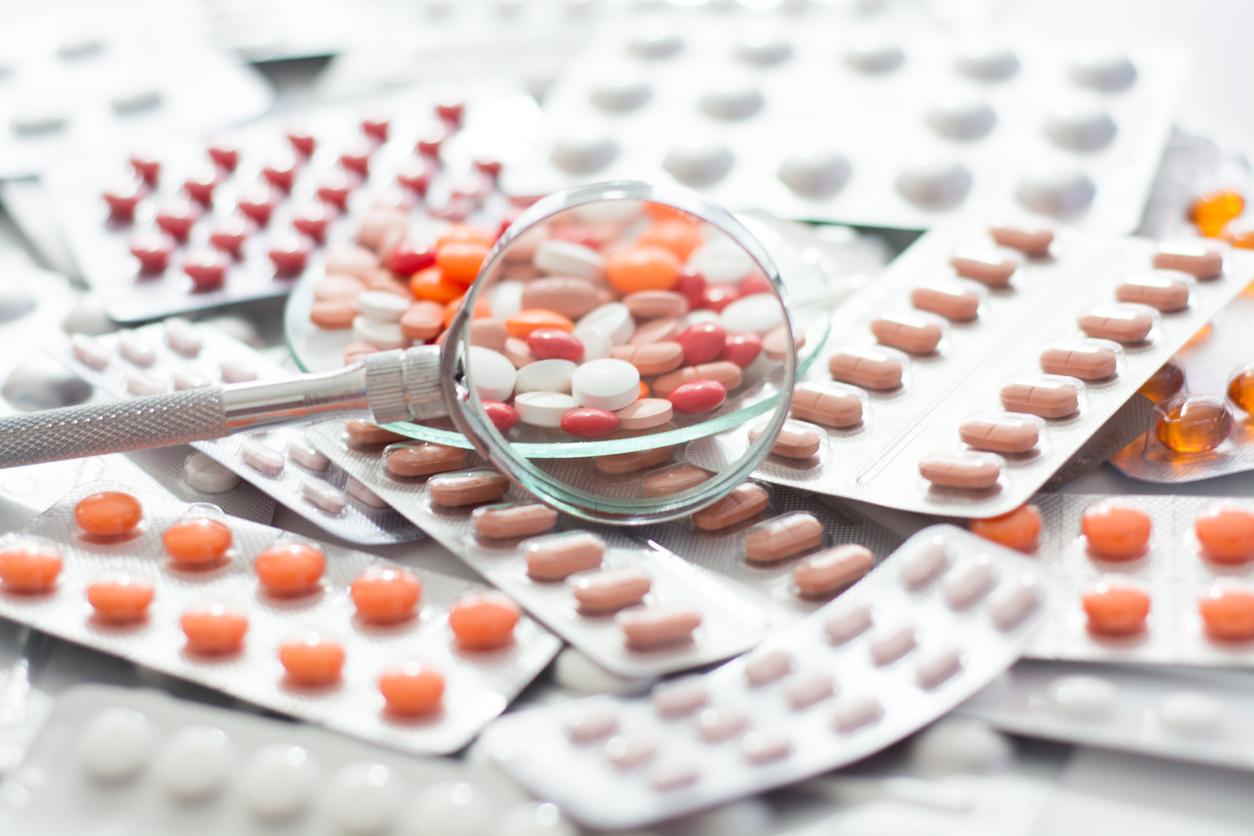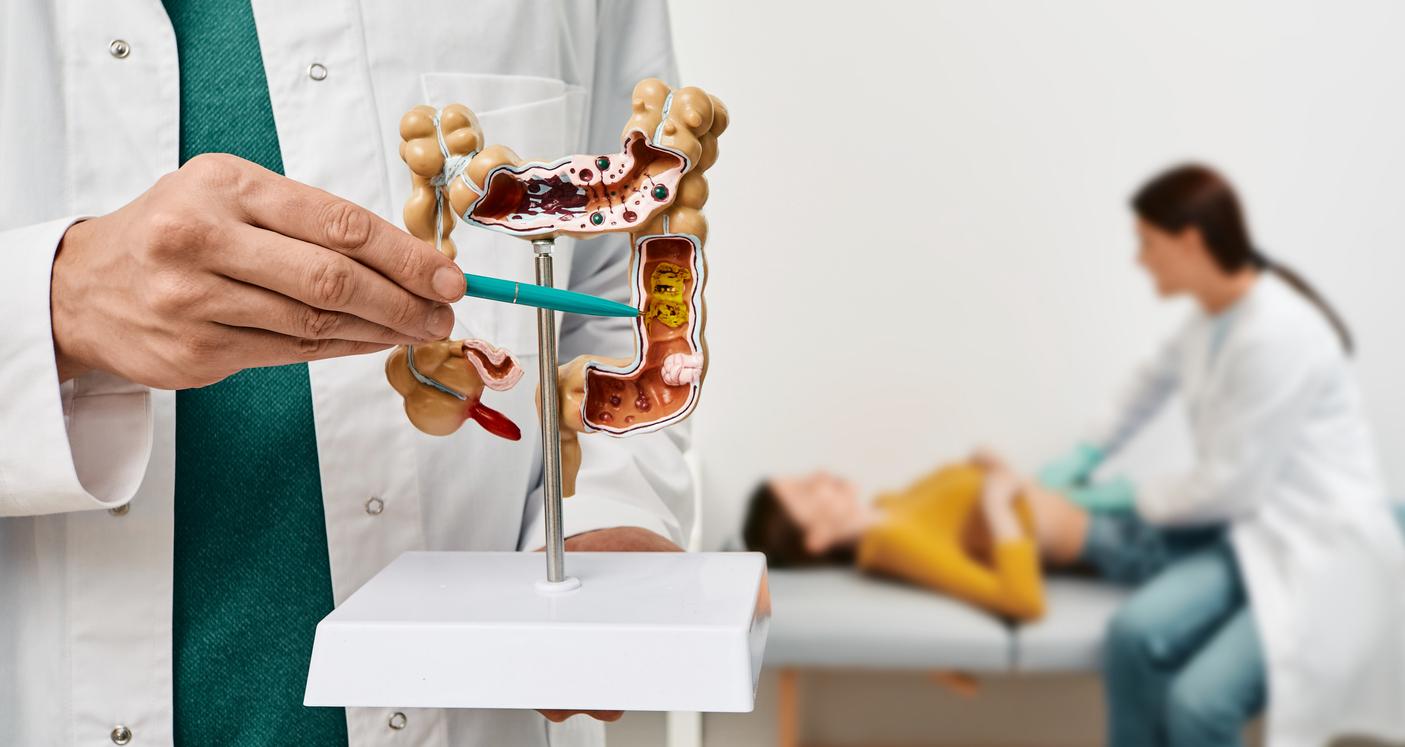A new treatment for sexually transmitted infections (STIs), a pill to take after sexual intercourse, should be prescribed next year in the United States.

- An antibiotic already used against STIs could be administered as a preventative measure.
- This is doxycycline, called doxyPEP as a preventative for “doxycycline post-exposure prophylaxis”.
- Clinical trials have shown a significant reduction in STIs as a preventative measure.
“This is the first major intervention we have made against sexually transmitted infections (STIs) since the human papillomavirus vaccine“, explained, a few months ago, Jonathan Merminresponsible for STI prevention for the US Centers for Disease Control and Prevention (CDC) At Washington Post speaking of doxyPEP.
Treatment against STIs now taken as a preventative measure
DoxyPEP for doxycycline post-exposure prophylaxis. As reported CNN, there doxycycline is a medication already on the market and used to treat bacterial STIs.
Several attemptsof the 2015recently demonstrated that 200 milligrams of this medication taken within 72 hours after unsafe sex could act as a preventative measure against three STIs, the syphilisthere chlamydia and the gonorrhea. This preventive use, called doxyPEP, works like the morning-after pill: the pill must be taken as quickly as possible after a risky relationship.
Building on the results of doxyPEP, the San Francisco Health Department released recommendations in 2022. In this documentthe body recommends the use of doxyPEP to cisgender men and trans women who have had risky sex.
More recently, on October 2, 2023, the CDC even published a case to collect feedback from healthcare professionals on the use of doxyPEP. “The objective is to provide updated guidelines and clinical advice to healthcare professionals to inform the use of doxyPEP as a preventative measure against bacterial STIs.”, details the CDC.
The limits of this “morning after pill” against STIs
“Making DoxyPEP accessible to everyone after sex without a condom would certainly have helped prevent 70% of STIs but would also have required the 10,500 people in the study to take the drug, which raises significant concerns regarding a increased risk of resistance development”, can we read on this site about a study carried out in Boston. In fact, more than one antibiotic is taken, the more resistance developswhich means that the medicine eventually no longer works.
Finally, as pointed out AIDS Info Service by relaying the results of a study presented at the 30th Congress on retroviruses and opportunistic infections (CROI 2023), while doxyPEP is effective in transgender men and women, it does not appear to reduce the risk of STIs in cisgender women.
In the United States, official recommendations for the administration of doxyPEP should quickly be published, by 2024, which would establish its use as a “morning after pill” against STIs.
















